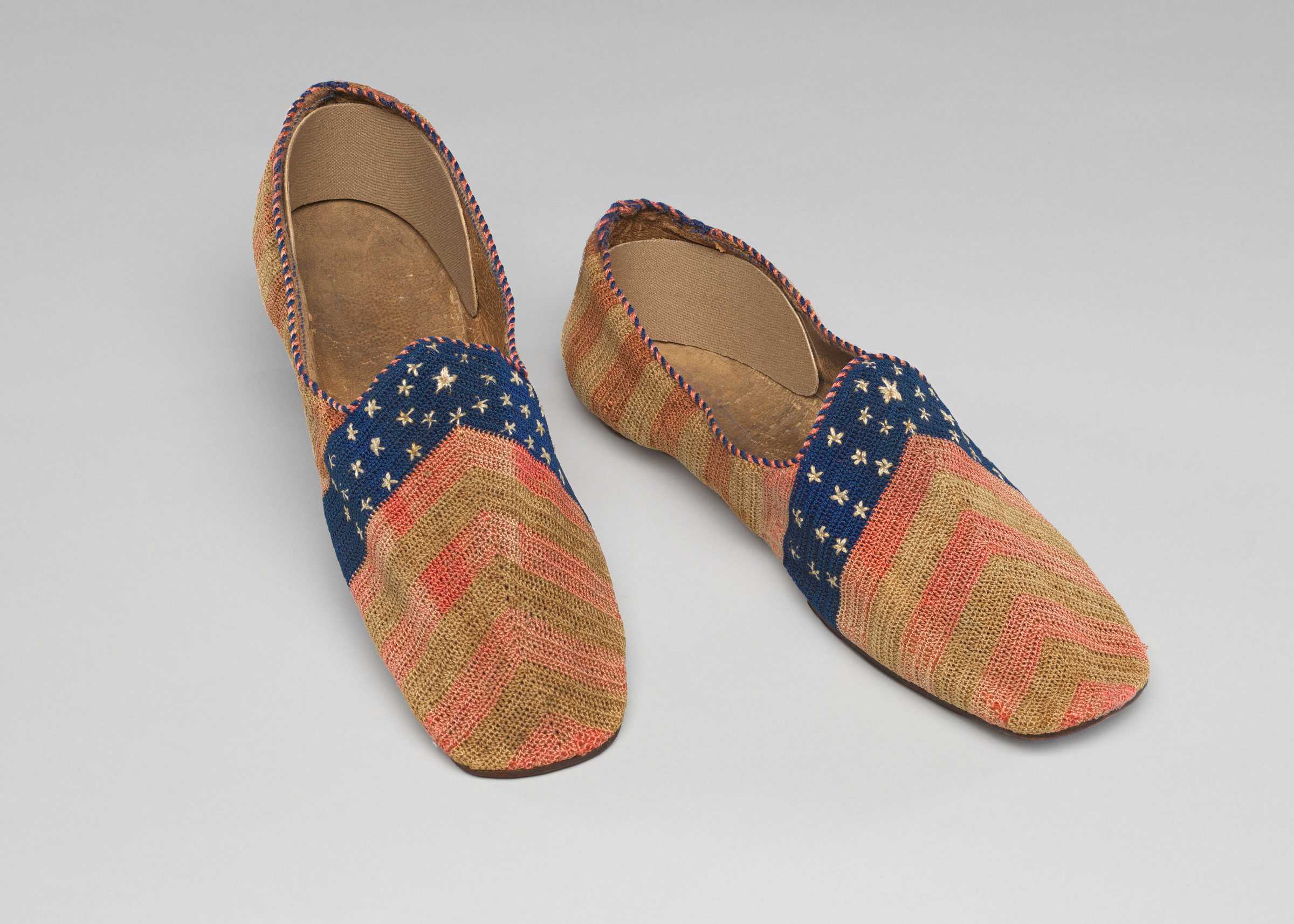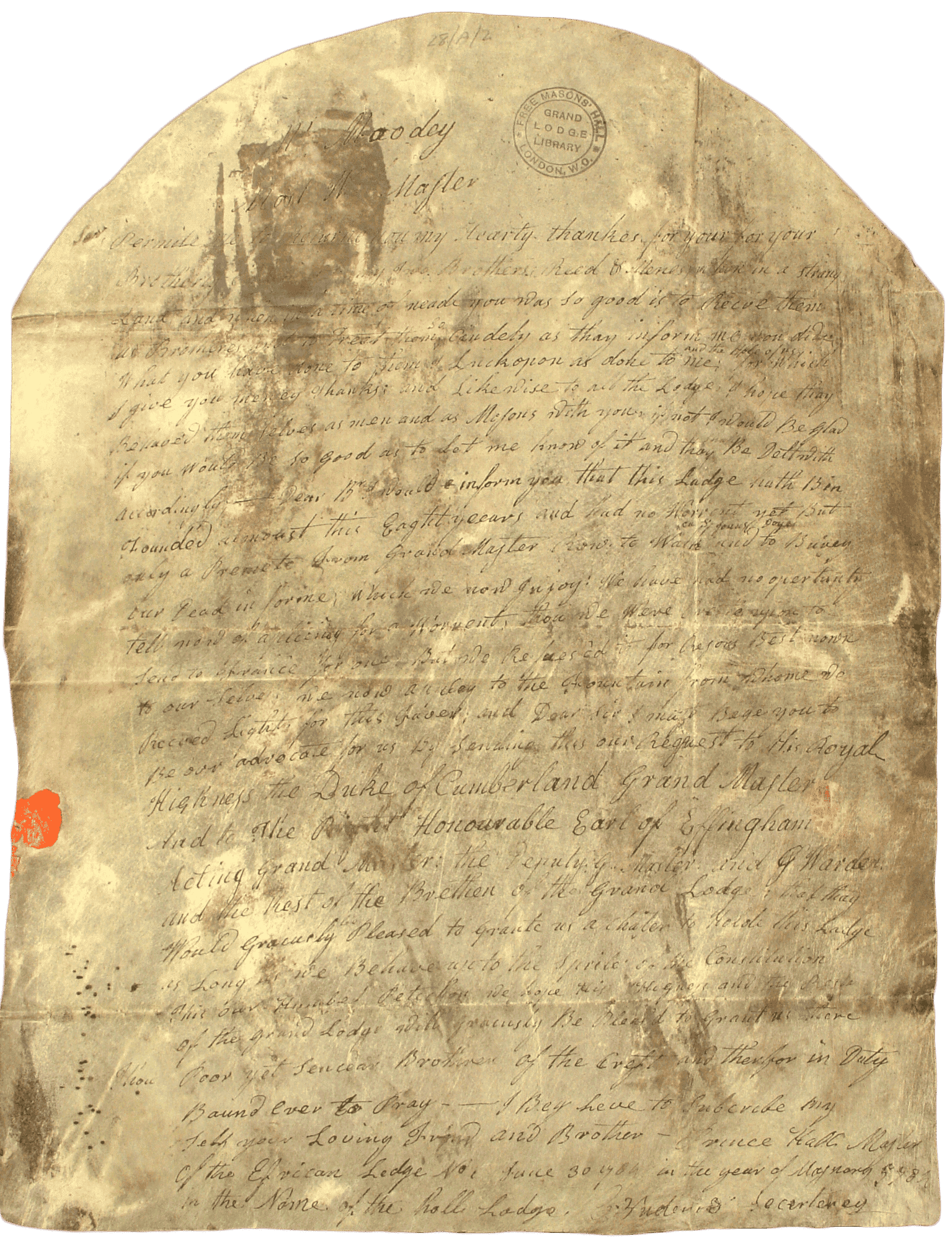Visions of Freedom: Community
During Reconstruction, formerly enslaved African Americans expressed their freedom by taking control of their own educational, religious, economic, and social lives. Independent institutions, including churches, schools, businesses, and associations, provided infrastructure for African American communities and refuge from white oppression. They also served as bases for political activism and leadership training.
Freedom to Organize
Prince Hall Masons, Greenville, Mississippi, 1897
The freedom to assemble and form voluntary associations is a fundamental right, but one that was denied to African Americans who were enslaved. After emancipation, both previously free and newly freed men and women built on their existing community networks to establish formal organizations to support their common interests. These included charitable and mutual aid societies, fraternal associations, and other organizations that promoted African American leadership, pride, self-help, and self-determination.
Freedmen’s Relief Associations
Elizabeth Keckly
Report of the National Association for the Relief of Destitute Colored Women and Children, 1883
During the Civil War, many free African Americans organized efforts to help formerly enslaved people in their transition to freedom. Elizabeth Keckly (Keckley), a prominent dressmaker in Washington, D.C., joined with other African American women to found the Contraband Relief Association in 1862. Later known as the Freedmen and Soldiers’ Relief Association, it raised funds to provide food, clothing, and education for newly freed people in the nation’s capital.

Slippers Made by Elizabeth Keckly
This pair of stars-and-stripes crocheted slippers, attributed to Elizabeth Keckly, was given to Gideon Welles, Secretary of the Navy, on the occasion of President Abraham Lincoln’s second inauguration in 1865.

Burial Associations
Home Benefit Burial Club’s first funeral, Earle, Arkansas
Newly freed African Americans were often unable to afford the cost of burying a loved one. To provide for this expense, they formed burial societies, in which members pooled their dues to pay for each other’s funerals. Self-help strategies like this enabled African Americans to provide for community needs, despite the financial challenges they faced as individuals.
Bladensburg Union Burial Association
Henry Vinton Plummer organized the Bladensburg Union Burial Association in Prince George’s County, Maryland in 1870.

Grand United Order of Odd Fellows
Sub-Committee of Management of the Grand United Order of Odd Fellows, 1908
First organized in 1843, the Grand United Order of Odd Fellows in America is the oldest African American mutual aid society. One of its primary responsibilities is to support members in moments of sickness or hard times. After the Civil War, the organization multiplied in size dramatically due to the rising number of free African American men. Groups like the Odd Fellows increased racial consciousness and affirmed the importance of self-help organizations.

Freemasonry
Masonic Apron, ca. 1950
Prince Hall is considered the founder of African American Freemasonry. In 1784, he established the first lodge of African American Masons, African Lodge No. 459, in Boston, Massachusetts. White freemasons in the United States refused to recognize their African American counterparts for many years. With the conclusion of the Civil War, the number of Black freemason lodges in the South grew rapidly as newly freed men sought ways to support one another.

Organizing for Success
African Americans built powerful organizations to pool resources, support communities, and cultivate a sense of belonging and pride. The networks they built would one day be utilized for profound social change.



